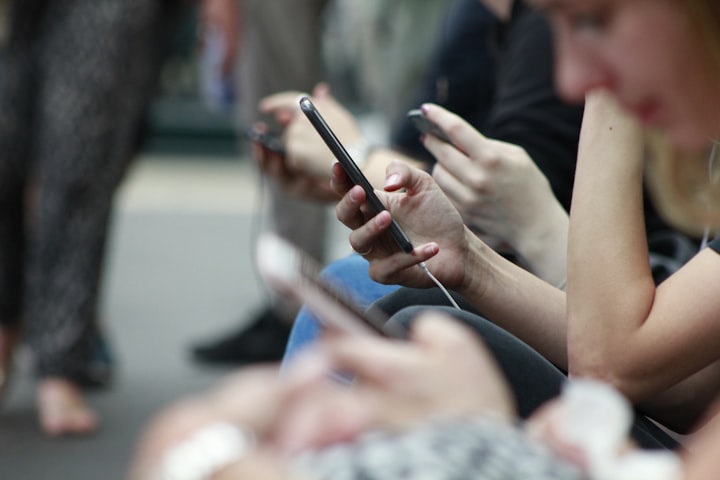
Social media has become an integral part of our daily lives, allowing us to connect with friends and family, share our experiences, and stay informed about the world around us. However, while social media has its benefits, it has also been linked to negative mental health outcomes such as anxiety, depression, and low self-esteem. In this essay, we will explore the impact of social media on mental health, as well as provide tips for staying mentally healthy online.
One of the biggest issues associated with social media is its potential to promote feelings of loneliness and isolation. While social media allows us to connect with people from all over the world, it can also create a sense of disconnection from the real world. Studies have found that excessive social media use is associated with feelings of loneliness and depression, particularly in adolescents and young adults (Primack et al., 2017).
Another issue with social media is its potential to promote unrealistic expectations and comparisons. Social media platforms are often filled with carefully curated and edited images that may not accurately reflect real life. This can lead to feelings of inadequacy, low self-esteem, and even body dysmorphia. A study conducted by the Royal Society for Public Health found that social media use was associated with increased anxiety, depression, and poor sleep in young people (Royal Society for Public Health, 2017).
Additionally, social media can also promote cyberbullying and harassment. Online harassment can be particularly harmful as it can occur anonymously and can reach a large audience. Cyberbullying has been linked to depression, anxiety, and even suicide (Hinduja & Patchin, 2010).
Despite the negative impacts of social media, it is not all bad news. Social media can also provide a sense of community and support for individuals who may not have access to in-person support systems. For example, social media groups and forums exist for individuals dealing with mental health issues, chronic illness, and other challenges. These online communities can provide a sense of belonging and support, and can be especially helpful for individuals who may feel isolated in their daily lives.
Furthermore, social media can also provide a platform for education and awareness about mental health issues. Mental health advocates, organizations, and individuals can use social media to spread awareness and resources, and to reduce stigma around mental health issues.
So, what can we do to stay mentally healthy while using social media? Here are a few tips:
1. Limit your social media use While it can be difficult to completely disconnect from social media, it is important to limit your use. Set boundaries for yourself and stick to them. This may include limiting your social media use to specific times of day or taking breaks from social media altogether.
2. Be mindful of the content you consume Be mindful of the content you consume on social media. Unfollow accounts that make you feel inadequate or negative about yourself, and instead follow accounts that promote positivity and self-care. Additionally, be wary of the types of news and information you consume, as excessive exposure to negative news can also impact your mental health.
3. Practice self-care Take care of yourself both online and offline. This may include getting enough sleep, eating a balanced diet, and engaging in physical activity. Additionally, take breaks from social media and engage in activities that bring you joy and relaxation.
4. Build a support system Build a support system of friends and family members who you can turn to for support and encouragement. Additionally, consider joining online communities or forums for individuals dealing with similar challenges.
5. Seek help when needed If you are struggling with your mental health, seek help from a mental health professional. Many mental health professionals offer virtual appointments, which can be a helpful option for individuals who may not have access to in-person services.
In conclusion, social media has both positive and negative impacts on.
Thanks for reading 💖





Comments
There are no comments for this story
Be the first to respond and start the conversation.